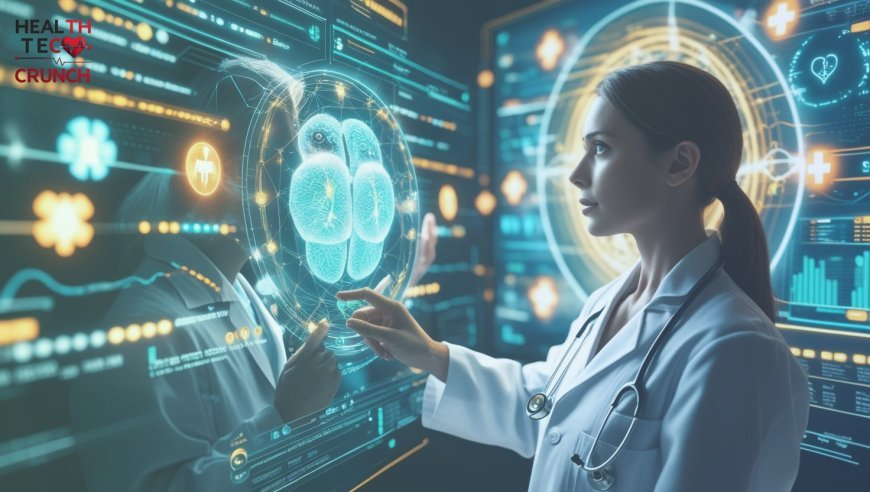AI in Diagnostics and Treatment: A New Era in Healthcare

AI in Diagnostics and Treatment: A New Era in Healthcare
Artificial intelligence (AI) is rapidly transforming healthcare, particularly in the areas of diagnostics and treatment. Its ability to analyze vast amounts of data quickly and accurately is opening new possibilities for early disease detection, personalized medicine, and improved patient outcomes. Among its most promising applications is the early diagnosis of complex diseases like cancer, where timing can make all the difference.
In traditional healthcare settings, diagnosing conditions such as cancer often relies on a combination of patient symptoms, imaging tests, biopsies, and the expertise of medical professionals. While this process has served us well, it can be time-consuming and prone to human error. AI systems, however, can analyze medical images like X-rays, MRIs, and pathology slides with extraordinary precision. By detecting subtle patterns that may be invisible to the human eye, AI can flag potential issues much earlier than conventional methods. This early warning capability means treatments can begin sooner, often improving prognosis significantly.
Beyond detection, AI is reshaping how treatment plans are developed. Every patient’s body and illness are unique, which means a one-size-fits-all approach rarely works. AI-powered tools can sift through thousands of clinical studies, genetic profiles, and treatment outcomes to suggest personalized therapies that are best suited to an individual’s specific condition. This personalized medicine approach not only increases the chances of successful treatment but also helps minimize side effects by avoiding therapies unlikely to be effective.
The integration of AI in diagnostics is also reducing the burden on healthcare professionals. Radiologists, pathologists, and oncologists can use AI as a second pair of eyes-helping to double-check findings, prioritize urgent cases, and even predict how diseases may progress. This collaboration allows doctors to focus more on patient care and complex decision-making, rather than getting bogged down in data analysis.
Of course, the journey to fully harness AI in healthcare is not without challenges. Trust is a key factor; patients and doctors need confidence that AI tools are reliable and unbiased. Ensuring these systems are trained on diverse datasets is crucial to avoid errors that could disproportionately affect certain populations. Additionally, ethical considerations around privacy and transparency must be carefully addressed, especially when dealing with sensitive health information.
Despite these challenges, the potential benefits are immense. AI’s role in early detection and personalized treatment is not only enhancing individual patient outcomes but also driving efficiencies that could ease the strain on healthcare systems worldwide. For patients, this means faster diagnoses, more tailored care, and ultimately, better quality of life.
As AI technology continues to advance, it promises to be a powerful ally in the fight against some of the most complex health challenges of our time. With thoughtful implementation and ongoing collaboration between technologists and healthcare providers, AI stands to revolutionize diagnostics and treatment, bringing hope and healing to millions.
























